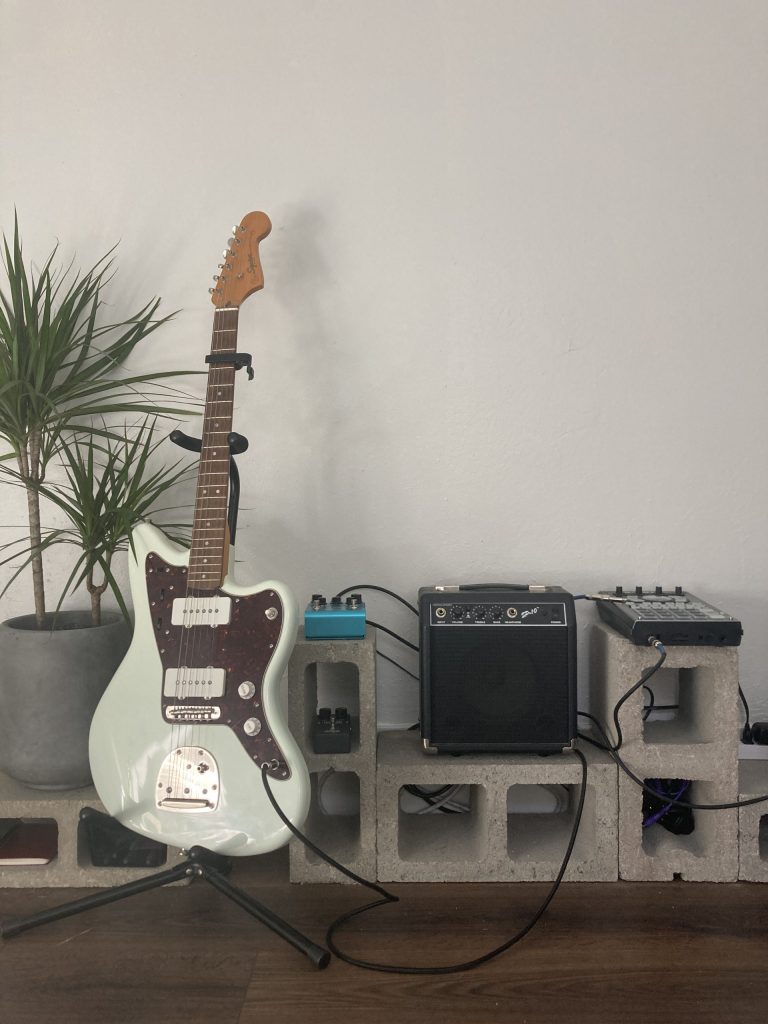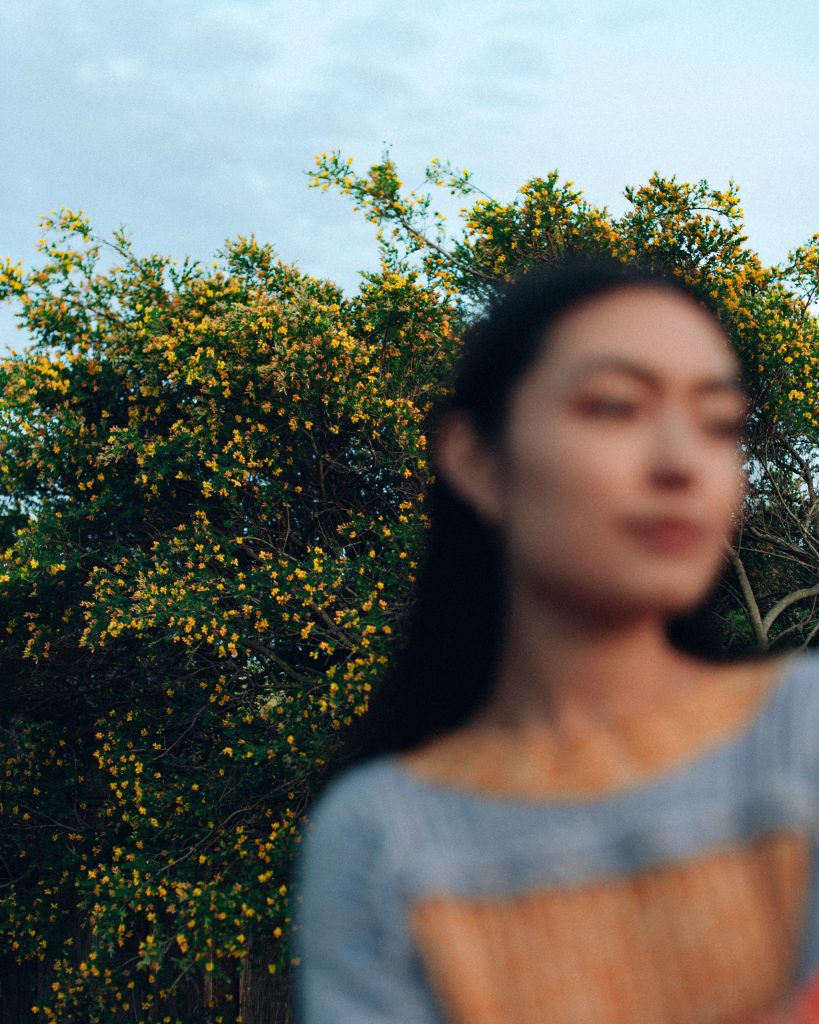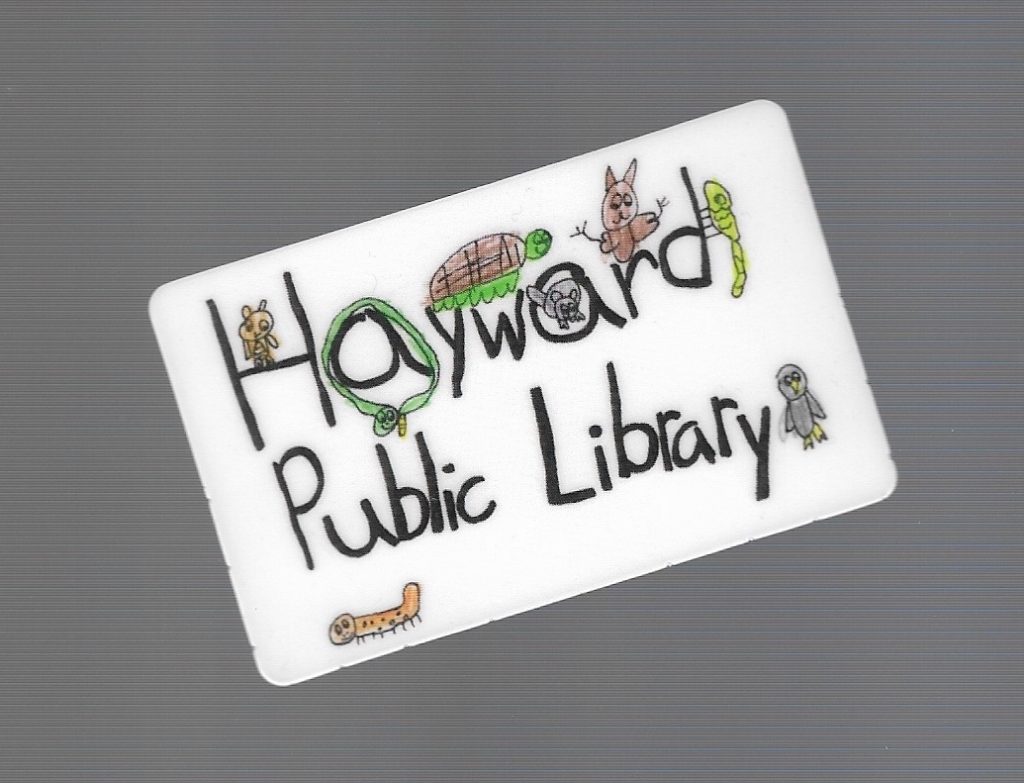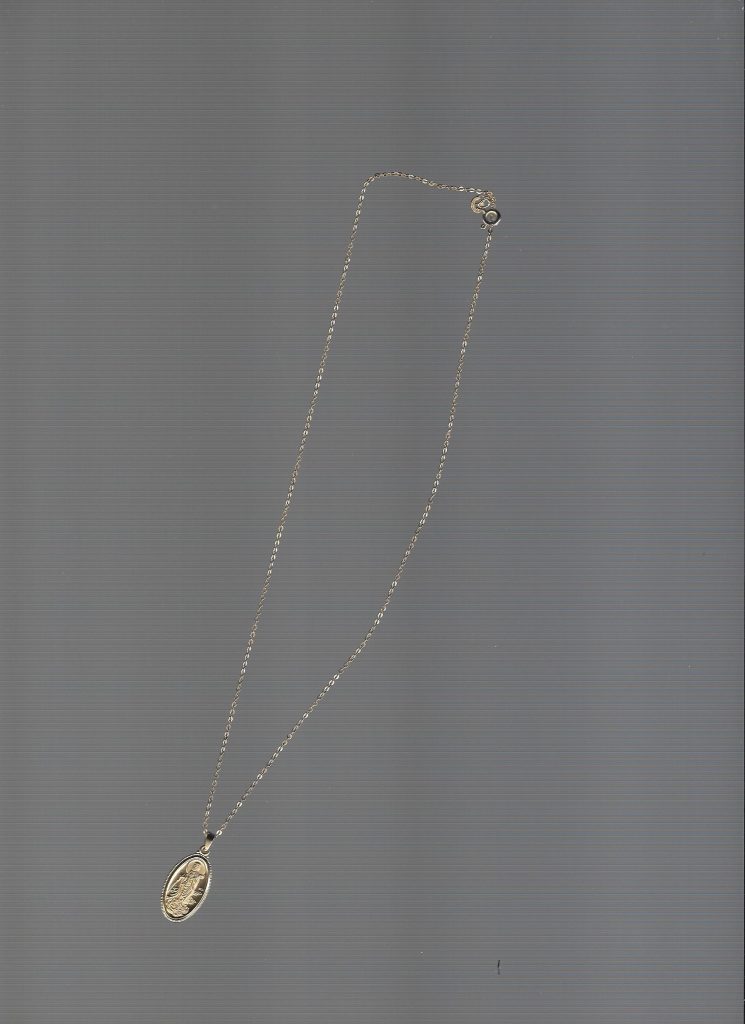


EUGENE KAN: What was your childhood like growing up?
EILEEN SHO JI: I had a very atypical Asian American experience in a lot of ways. My mom came from Taiwan after she met my White dad on an airplane. Maybe a year later, he visited her in Taiwan and was like, “Let’s get married.” Up until then, she’d never stepped foot in America, but she flew over and started her life here. She’s very sporadic and spontaneous.
I was really fortunate in a lot of ways because I grew up having a lot of creative outlets and she was always sending me to arts programs, taking me to museums, the opera, and just filling my life with art. She’s an artist. My dad’s a writer. My older brother’s a designer. So I grew up surrounded by creativity and my parents always encouraged me. When I started making music, they were super proud of me and wanted me to really pursue it. They even said, “If you don’t want to go to UC Berkeley, you don’t have to. That’s your decision to make.” Ultimately, I’m happy I did it, because I’ve built a skill other than music in a completely different avenue. All this is to say that I had a nontraditional upbringing with nontraditional parents.
Growing up, I didn’t go to school with a lot of Asian people, which I think is a bit of the opposite experience for some Asian Americans. When I got to UC Berkeley, it was a culture shock for me because there are tons of Asians and White people at Berkeley. Where I grew up in Hayward, California, I was one of just a few Asian people at my school, which was predominantly Black and Latinx.
Since I wasn’t really used to being around people who shared my same cultural background, it was an unfamiliar experience for me to start connecting with people on that basis. I’m still navigating that now. In addition, there’s the cultural clash of having a White father and an Asian mother, with cultural differences that manifest within myself, what I value, and how I see different sides of who I am.

Was it difficult not having a straightforward clear definition of who you are and what your position is in the world?
In this really beautiful and magical way, I feel super blessed to be from the Bay Area. It’s so diverse and I didn’t really have a community that was structured around my ethnicity. I didn’t have a lot of extended family either, with my mom’s side of the family in Taiwan and my dad’s side of the family all across the United States.
I lived in a typical nuclear family and, where I went to school, I didn’t know that many people that looked like me or had the same cultural background as me that I could relate to on that front. It really forced me to be able to relate on other fronts.
I think that wound up being amazing because it drove me into art. I found something that I was into that had nothing to do with my background or my upbringing with my family. I found art and I immediately started connecting with people in that way.
So in a way, not having a built-in community through my culture allowed me to build community in something completely new.
In recent years, how has your understanding of your Asian identity changed?
I’m starting to tap into the Bay Area’s Asian community more than I was before and there’s this kind of automatic understanding where we had a lot of the same experiences so you don’t have to even explain certain things, ‘cause it’s like, “Oh, I know. My mom did the same.”
It’s fun to now be a little bit older and hanging out with more Asian people or creating with more Asian artists. It’s fun to get to tap into the subtle ways our upbringings overlapped, but even more so in the ways that they were vastly different based on what kind of Asian you are or where in the Bay you grew up. I think it’s really beautiful how different every Asian American experience is.
How has finding this community affected your creative path?
I started making art because I was searching for a community and searching for a way to connect with people. Right after graduating, I had to grapple with these questions: Do I want to do this music and creator thing full-time? Do I actually even care about music or am I just doing this because I want friends? Am I lonely and offering my craft as a service so I have an excuse to work with and hang out with people?
I think that’s why I would collaborate with so many people and go hard on social media, even though I didn’t like the music I was making. I had to stop. I’ve taken a long break because I really want to make sure I want to do this. And now that I’ve separated myself from that pressure of trying to create as a means of connecting, I’m realizing I really do love this.
That pressure of trying to build community through art was taking the joy out of it. Now when I’m creating, I do it because I want to. Sometimes it’s open and collaborative, but a lot of the time it’s a very private, intimate, personal thing.








Do you feel the need to adjust your positioning for different audiences?
I’ve always struggled with feeling like I’m not really present when I interact with people. I’m paying very close attention to what they’re saying and how they’re responding, and then I’m basing my identity off of this specific interaction to try and appeal to whoever I’m interacting with. And in some ways that made me a great performer and collaborator. I just worked on other people’s music because I knew how to shape and fit into the mold for this other person making their music.
In the past, I’ve felt like I’ve always had to perform, whether it’s musically or socially by being someone who’s bubbly and who people feel is worth being around. That’s something I’m working on. Around fellow Asian creatives or Asian people in the Bay Area, I feel like I don’t have to perform as hard. This sense of community is new to me.
I felt really self-conscious in college of my socioeconomic status, of being Asian, of being a woman, of pursuing art while going to school with people from immensely wealthy families. I felt weird about being an artist in this whole world of capital while also not feeling good as an artist in my artistic community because I wasn’t dropping any new music. I was constantly conflicted over feeling like I wasn’t presenting in the right way to anyone, but it was coming from the fact that I was doing things I didn’t really want to be doing. I wanted to be somebody who locked myself in my room and played piano for hours, but I was too focused on what the next thing I was going to drop was. Now I’m giving myself space to explore myself, both what that looks like in a musical sense and outside of music.
It seems like you have a new understanding of what needs to change so that you can find calmness and comfort. What would you tell a younger version of yourself to address the uncertainty you felt when you were younger?
What works for others does not necessarily work for you. What works for you is so specific to you.
I wish I had removed the pressure from myself in order to find out what was going to work for me. It took 23 years of intense anxiety, sadness, depression, pain and confusion. And I will still go through these things. But something has recently shifted.
I’ve had the realization that it’s going to be hard and it’s okay that I’m not super productive or going to have this crazy creative output. I’m going to make mistakes, say stupid things, and disappoint people. All my pain has come from thinking I wasn’t supposed to feel pain or disappointment in myself. Now I’m being kind to myself and telling myself it’s okay, because I’m here and I’m going to keep on trying to see what works for me.
“ I think it’s really beautiful how different every Asian American experience is. ”
Would you say that Asian culture has had any impact on your work?
It definitely has. I actually first started making beats during a visit to Taiwan when I was 14. I was so inspired by everything I was seeing and feeling, but I also felt lonely and out of place, even around my family there, because I couldn’t speak Mandarin very well. During that trip, I spent a lot of time making beats on my phone in an attempt to process and capture all of those emotions through sound, recording samples of different conversations, noises, and music I’d hear wherever I went. My experience there felt so cinematic, from everything I was soaking up in this new yet familiar environment, to all of the different feelings that being there evoked, both good and bad. This desire to explore my identity in relation to Asian culture played a huge part in inspiring me to start making music.
What did you think it’d be like to be a career artist and what has been the reality?
There’s a part of me that still wants it in some ways, but then I have to keep telling myself, “When you wanted that, you were really unhappy.”
I wanted to be a full-time artist and I was in these spaces where I could have done that. I felt like I accomplished so much in the last couple of years pursuing modeling and music and all these creative projects, but I felt horrible throughout all of it because I had such deep anxiety and just a complete utter lack of confidence in myself. I’d be up all night having anxiety attacks and I’d be so afraid about how I was gonna present myself to people and then present myself on the internet.
What does your creative pursuit feel like now?
For so many years there was something in me that told me I had to be pursuing this ideal life of a creative that you see on TikTok. All these people in New York that are popping off and everybody’s hot and everybody’s super fashionable, somehow affording all the clothes that they’re wearing. They present this idea of what it looks like to be a full-time artist. And then you’re seeing people that are actually grinding. It’s not that glamorous; there is a ton of work that goes into it. It’s super respectable.
I wanted to be somebody who could wake up and just create all day and be able to support myself in that way. But that pressure of having to monetize what you love just completely alters your relationship with it. We’re sold this idea of aspirational creative worlds and identities, but I know that the creative world looks different for everybody. You’re susceptible to believing that you’re supposed to be something that is not what you actually feel good being.
Right now, I don’t have things completely figured out, but I’m moving in a direction that feels better. I feel like there are just so many ways to make your craft into something you pursue full time, and it’s exciting to give yourself the grace and the space, to remove pressure and figure out what works for you.
I’m in this place where I’m like, “I literally don’t care.” I love what I’m making and there’s no time limit and there’s no rush. ▲
